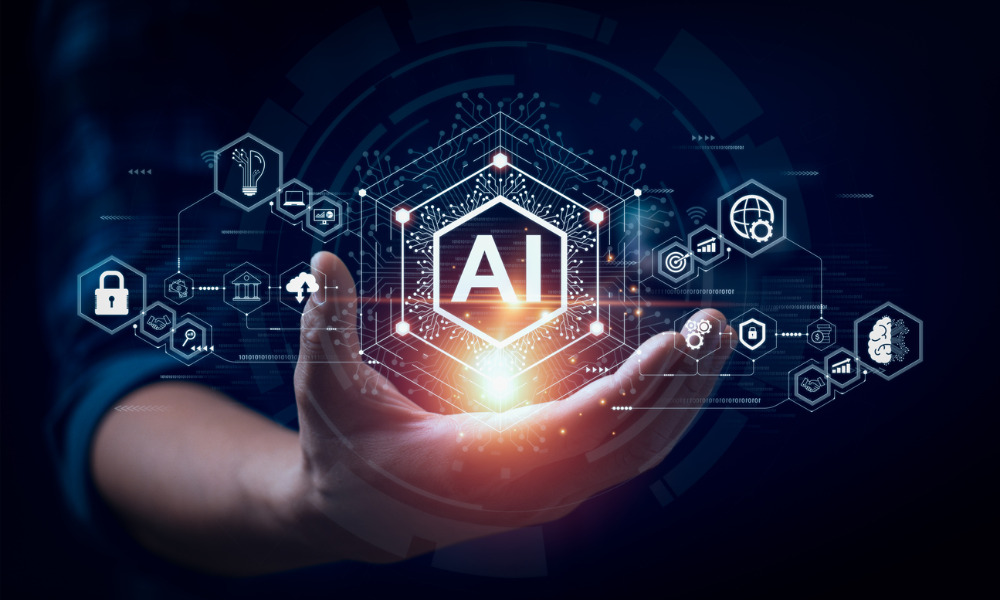
Job cuts expected as tools like ChatGPT enter HR function

Despite the growing usage of generative AI across organizations, many HR leaders are still reviewing how they can take advantage of the emerging tech for their functions.
"More than half of HR leaders surveyed by Gartner said they are currently exploring how they can use generative AI, with nothing in place yet," said Dion Love, vice president of advisory in the Gartner HR practice.
The survey among 105 HR leaders found that only five percent have implemented generative AI in their function, while another nine per cent said they are carrying out pilots for it.
"Conversely, 14% of HR leaders are not planning to use generative AI in the near-term," Love said in a media release.
According to Gartner, HR leaders using generative AI said they are mostly using it on administrative tasks, policies, and document generation. The tech is also used on recruitment, particularly on generating job descriptions.
"Progressive organisations will begin to broaden how they use generative AI – for instance, our June 21 survey revealed more than one-quarter of HR leaders are planning to use generative AI to develop personalised career development plans," said Helen Poitevin, distinguished vice president analyst in the Gartner HR practice, in a statement.
There have been several organisations across the world banning the use of generative AI, such as ChatGPT, in the workplace amid privacy concerns.
The entry of generative AI across workplaces has raised concerns on its potential impact on employment, with a Goldman Sachs report warning that AI could expose 300 million full-time jobs across the world.
In the HR industry, more than eight in 10 HR professionals in 2021 admitted that their jobs could be replaced by AI in the future.
"Our survey revealed that most HR leaders expect a decrease in headcount within the HR function once generative AI is implemented due to the increased efficiency," Love said.
According to Gartner, 84% of the 177 surveyed HR leaders believe that generative AI will make existing HR activities more productive, and two-thirds think the tech will eliminate redundant activities within the function.
Despite projected job cuts, however, HR leaders are still expected to be leaders of AI evolution in the workplace, according to Gartner.
"HR expects to take a leading role in the evolution of generative AI; 35% of the 133 HR leaders who responded to Gartner's survey expect to lead their organisation's enterprise-wide AI ethics approach," Poitevin said.
This comes as more than 60% of 167 HR leaders revealed that they are involved in enterprise-wide discussions on how to use generative AI in the workplace.
HR leaders added that they are already in collaboration with their organisation's IT leaders (58%), as well as legal and compliance function (45%) to explore the use of generative AI.